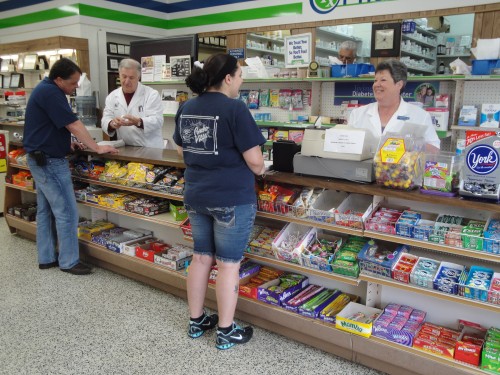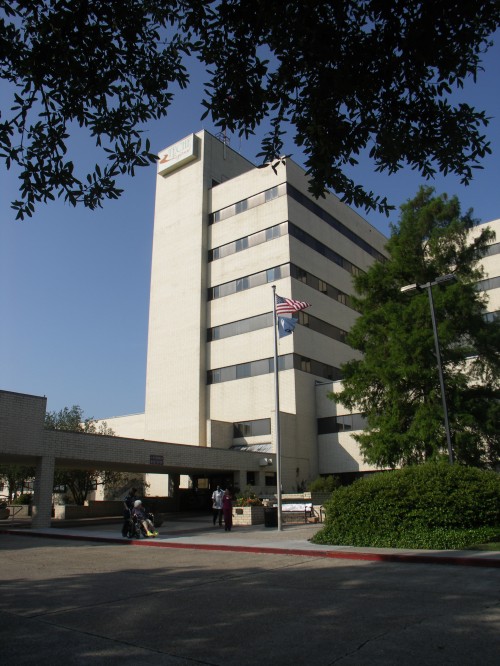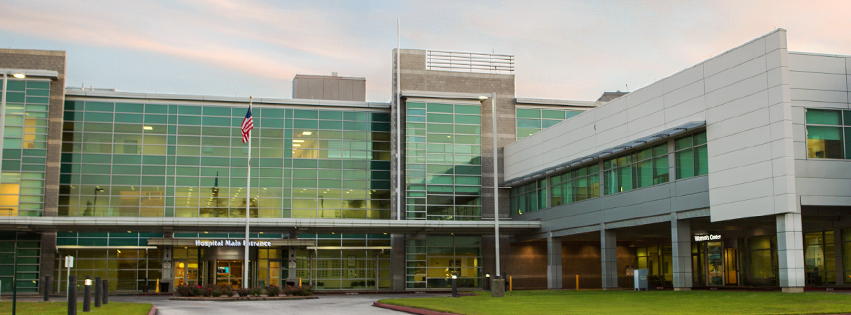
Express Scripts change leaves customers scrambling
April 18, 2012
Health care is a local matter for Teche Regional
April 18, 2012Medical professionals have always been held in high regard. Theirs is the ultimate world dealing with life and death. It is also an industry that is commonly and mistakenly considered unique to itself.
The truth is, medical professions at some point or another have been influenced by, or themselves influenced many professions and trades. Those influences come either in incorporating disciplines from other areas to perform their own work, or spurring health requirements that have been adopted by industries.
What other field reaches so far beyond its core competency – combating sickness – to have roles in technology, finance, education, insurance, law, construction, workplace safety, consumer products, food and nutrition, or even public policy?
The central reason health care reform is hotly contested has more to do with dollars and cents than aspirin and bandages. The influence of health care in the United States is about this industry’s place in association with other businesses and overall economics.
Rep. Jeff Landry (R-New Iberia) has been a strong opponent to nationalized health care. His argument includes a quality of care reduction that could lead to rationing, loss of control among patient and doctor, and the fiscal elements that only add to the national debt.
“I do support efforts to allow insurance to be purchased across state lines, increasing competition,” Landry said in a printed statement. “I believe that government mandates to provide service that patients do not want or do not need increase costs. Better care, lower costs and less government involvement – not more – is my platform.”
Economic experts contend that along with quality schools, a major drawing card for relocating businesses to an area is health care options.
The Louisiana Hospital Association describes the health care sector as a significant engine for state and local economies, and the single largest employer, representing 15 percent of total payroll in the state.
According to the most recent figures available, Louisiana’s 11,633 health care establishments employed 269,184 individuals in 2011 with a payroll of $9.6 billion. The state’s No. 2 industry is oil and gas with a payroll of $3.3 billion.
In the Tri-parish region alone, total health care payroll is estimated to be approximately $400 million. This represents more than 4 percent of statewide health care salaries.
LHA health care employment sub-sectors list ambulatory care as the top employer with 27 percent of the workforce, hospitals account for 21 percent. Total nursing care, in-home and residential, also employees 21 percent of health care workers, followed by social services at 14 percent, physicians at 10 percent and home health at 7 percent.
In terms of revenue, 2011 saw hospitals list 41 percent of their income as private insurance payment and 31 percent Medicare. Approximately 19 percent of hospital income last year came from Medicaid. While 8 percent of hospital revenue was non-insured or self-pay, in 2011, a reduction in that number from 15 percent three years earlier was noted.
The LHA has identified the health care industry individually as a leader in economic development because it is a central provider of research and development, education, and exporter of goods and services.
Directly associated with health care is the economic influence it holds – even if that detail is overshadowed by the activity taking place during the battle against sickness.









